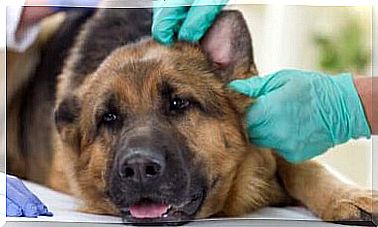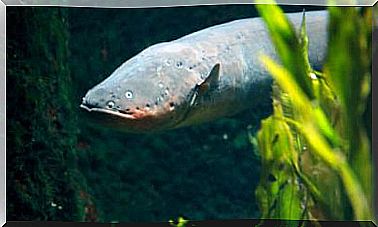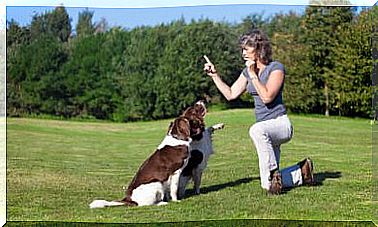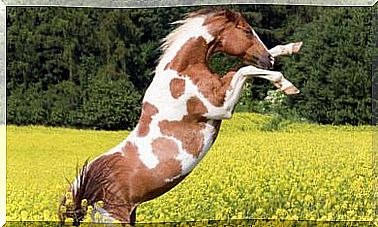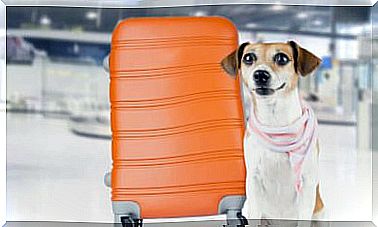Canine Intoxication Symptoms: What Are They?

Canine intoxication is a common condition due to the large number of substances that can cause it. Determining the source and analyzing associated symptoms will help establish the most effective veterinary treatment.
There are many factors that can trigger dog poisoning, from spoiled food to deliberately administered poison. However, it is necessary to mention that the cases with the highest incidence are those related to the ingestion of feed or other types of poorly preserved foods, in addition to certain toxic plants.
All this makes it necessary to control dogs, both in the domestic and outdoor environments, with special care in parks.
Canine Poisoning Symptoms
Although the diversity and intensity of symptoms varies depending on the cause of the disease, there are some common signs of poisoning:
- Digestive disorders. Vomiting, diarrhea and loss of appetite are the most common.
- Skin changes . Alopecia, especially in the muzzle area, irritation or inflammation.
- Respiratory failures.
- Heart rhythm disorders.
- Lethargy.
Most poisonings occur orally, so the main symptoms are digestive. However, dogs may also have inhaled a toxic substance that can make breathing difficult, in addition to causing dizziness.
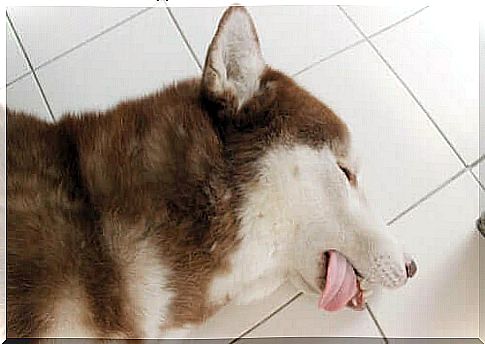
When intoxication has occurred at home, it is advisable to make a retrospective review of the substances ingested by the animal. Along with the different disorders experienced, these observations will be essential for the specialist to establish the appropriate treatment.
If, on the other hand, the trigger for the animals’ suffering is unknown, blood tests will help to determine the root cause.
Protocol for dealing with intoxication
When defining a treatment, a first distinction must be made, for which it is necessary to assess whether the responsible substance can be expelled or not.
This specification is due to the fact that, on certain occasions, intoxications occur due to the ingestion of foreign bodies such as toys, pieces of wood or bones. In these cases, vomiting can be induced, endoscopies or even extraction surgeries can be performed.
If the animal does not need surgical intervention, the treatment will consist of administering an antidote capable of neutralizing the toxic substance to prevent further absorption. The use of enemas to accelerate intestinal transit or diuretics that contribute to the elimination of the substance through the urinary tract are some of the most frequent.
On the other hand, the use of activated charcoal to combat domestic poisoning is becoming increasingly useful. This molecule works by binding to the poison before it passes into the gastrointestinal tract. However, its use is not recommended for the treatment of caustic materials, ethanol, fluorine and fertilizers.

If the poison has been ingested in large amounts or causes great discomfort to the animal, the veterinarian may resort to gastric lavage.
Finally, in more severe cases, a kidney filtration will be performed with a dialysis machine to remove the toxic substance from the dog’s blood and kidneys.
In addition to performing the treatment according to the severity of the poisoning, it is likely that fluid therapy is recommended to ensure good hydration of the animal.
Despite the great ease of canine poisoning, most cases are preventable. Providing adequate food, avoiding toxic plants at home and ensuring animal control are some of the most effective measures.
